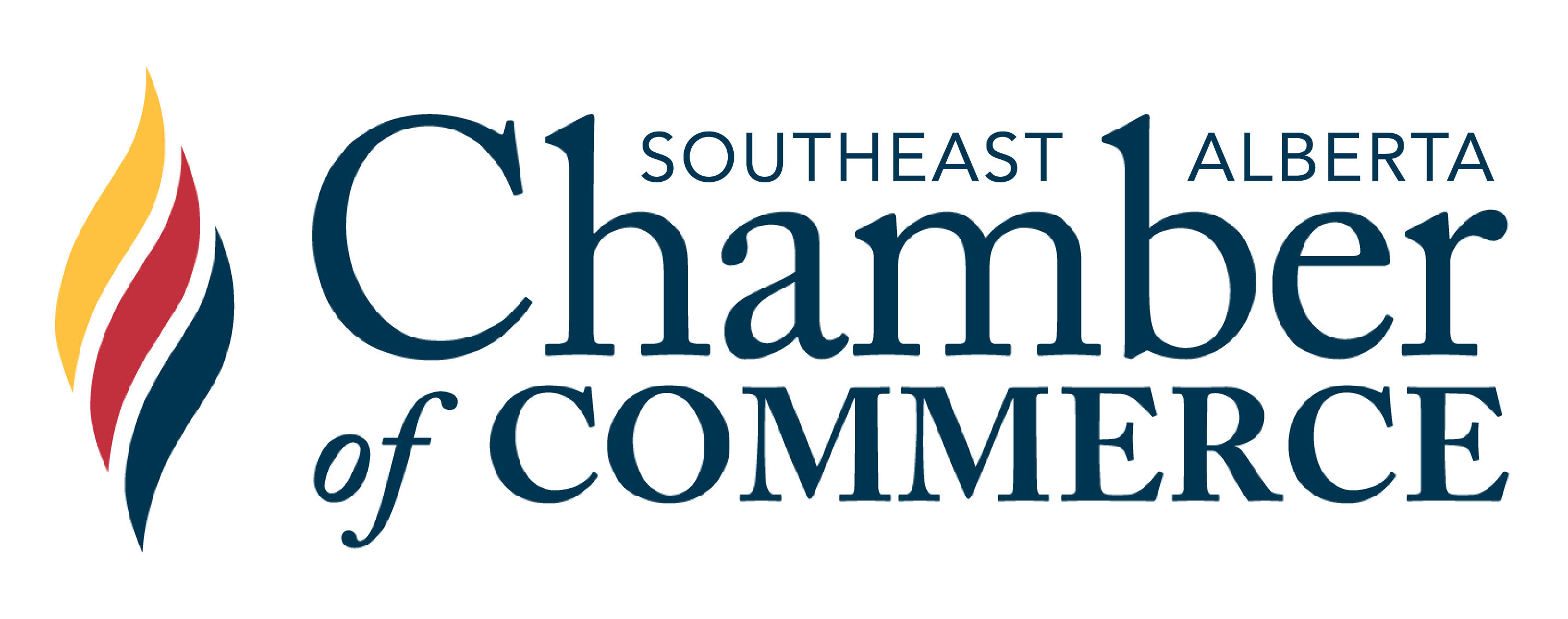Cannabis Regulations Need Alignment with Market Reality
Over a year after recreational cannabis for adult use became legal in Canada, the Canadian Chamber of Commerce’s National Cannabis Working Group is calling on all levels of government to work with industry to evaluate and update their cannabis legal and regulatory frameworks to ensure Canada realizes the potential long-term economic benefits of this new industry.
In October and November, the National Cannabis Working Group initiated a cross-country dialogue, hosting roundtable meetings in seven cities to discuss the industry’s progress and to identify barriers to growth. These discussions are informing the development of policy recommendations to governments that will promote greater economic growth and job creation while protecting public health and safety.
“In the first year of recreational legalization it is clear that not all government decisions have reflected business and market realities in this nascent industry,” noted Ryan Greer, Senior Director and Cannabis Policy Lead at the Canadian Chamber of Commerce and co-chair of the National Cannabis Working Group. “It’s time for all levels of government to engage in an open conversation with industry about what has worked and what hasn’t worked,” continued Greer.
Businesses involved in the cannabis industry are confronted by federal rules that include overly restrictive marketing and branding regulations, the lack of a common national excise stamp, and the excise tax on medical cannabis. At the same time, recent provincial decisions challenging the licensed cannabis sector include:
- Ontario’s delays granting retail licences. Ontario has granted only 24 retail licences compared to 327 in Alberta.
- British Columbia’s proposal to add a 20 per cent tax to cannabis vape products.
- Quebec’s proposed regulations to significantly restrict the types of edible cannabis products that can be sold in the province.
- Instead of letting supply and demand set prices, provincial wholesalers impose mark-ups that further increase the gulf between legal and illegal prices.
A study by New Frontier Data estimates that the global cannabis market (illegal and legal) was valued at over $340 billion in 2018. As a first-mover Canada has a rare opportunity to be a long-lasting global leader in cannabis innovation and job creation for Canadian companies of all sizes supporting the growth of this new industry.
“Taking advantage of this global opportunity requires a genuine commitment from governments to work with the cannabis industry to ensure we have a policy environment that achieves our collective health and safety objectives while promoting growth and competitiveness,” said Nathan Mison, Fire & Flower’s Vice-President Government Stakeholder Relations and Working Group co-chair. “The industry will continue to reach out to politicians and government officials to strengthen each other’s understanding of the issues facing this new industry. Only through a deliberate exchange of ideas and solutions, will governments and industry be better positioned to meet their objectives.”
Since its launch in June, the National Cannabis Working Group has grown to more than 70 companies across this new industry. Working Group members have a shared interested of improving the growth and competitiveness of the Canadian cannabis sector while helping governments achieve their health and safety objectives.
